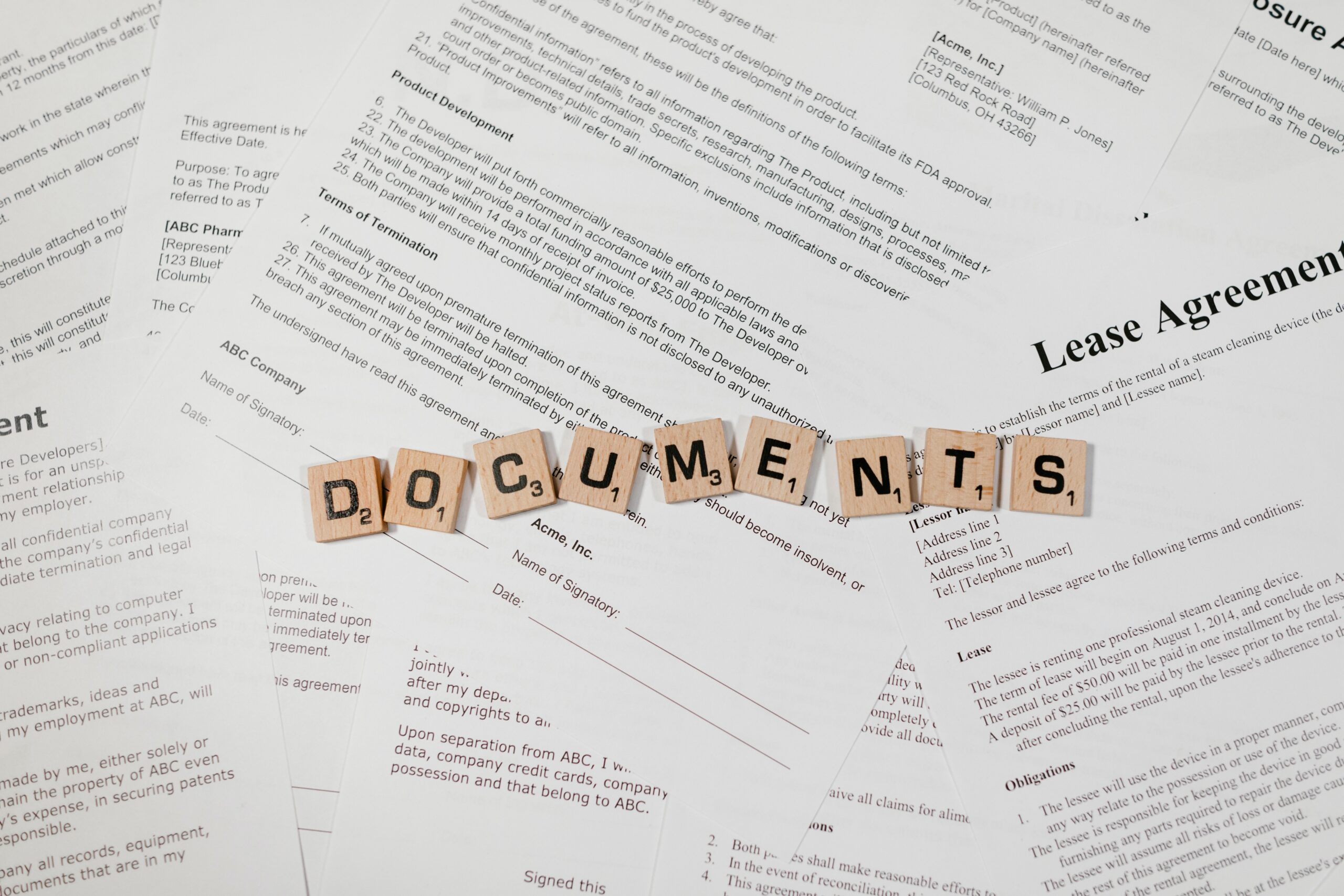Leases are designed to last for a specific period of time, and when they’re signed, all parties are hoping that everything goes as planned for the entire lease term. Unfortunately, it doesn’t always happen that way. Sometimes, a situation arises where a resident wishes to terminate the lease and leave early. You’ll need to be prepared for these situations so you can act appropriately to be fair to the resident and follow the law while still protecting yourself and your business. Here are some common questions you might have about early lease termination:
Do I have to let a resident break their lease?
It depends on the reason they want to leave early. In some situations, like if the resident needs to relocate for a military or other government job, they may be allowed to leave without penalty as long as they provide you with 30 days notice.
In other cases, you may not be required to allow the lease to be terminated, but it might be the right thing for both parties. For example, if a resident loses their job, they may no longer have enough income to pay rent. In a situation like that, simply allowing the resident to break the lease may be easier and less expensive for you than entering legal proceedings, as well as being better for the resident. Use your judgment to determine whether you should allow the resident to leave early, even if it’s not required.
What if none of those situations apply? Can I keep charging rent as per the lease terms even if the resident moves out?
In general, yes, but it can depend on laws in your area. In most areas, you’re legally required to try to find a new resident for the unit — so you can’t just collect rent and do nothing. As long as you’re looking for someone to fill the unit, it’s usually OK to continue charging rent, but know that there may be limits to how long that can continue (meaning that you might not be able to keep collecting rent until the end of the lease). Once you find a new resident, of course, the former resident won’t have to continue paying.
Residents who are breaking their lease may want to help you find a new resident. That’s usually fine for all parties, but you’ll need to make sure to carefully screen anyone they might find. You don’t want to just trust your resident, who might be looking to just find anyone who can fill the unit and ease their financial burden, to find a good resident without any additional examination. For tips on picking the right resident, read our blog on 5 vital questions to ask.
Is there anything else I should know?
One more thing to keep in mind is that it’s usually a bad idea to keep the resident’s security deposit to help cover rent payments still owed to you after the lease is broken. Remember, you collected the security deposit in case of damages to the unit; if you use the security deposit to put toward rent payments, you won’t have anything to take from if there are any damages. It’s better to treat the security deposit and any remaining rent payment totally separately.
No matter your business goals, ManageGo has your back. To discover just how our software solutions can benefit you and your unique property management needs, request a demo today. Or, connect directly with one of our experts and get started on your journey to better property management.
Want even more? Get your fix and follow our socials for all the latest property management tips, tricks, & trends!
